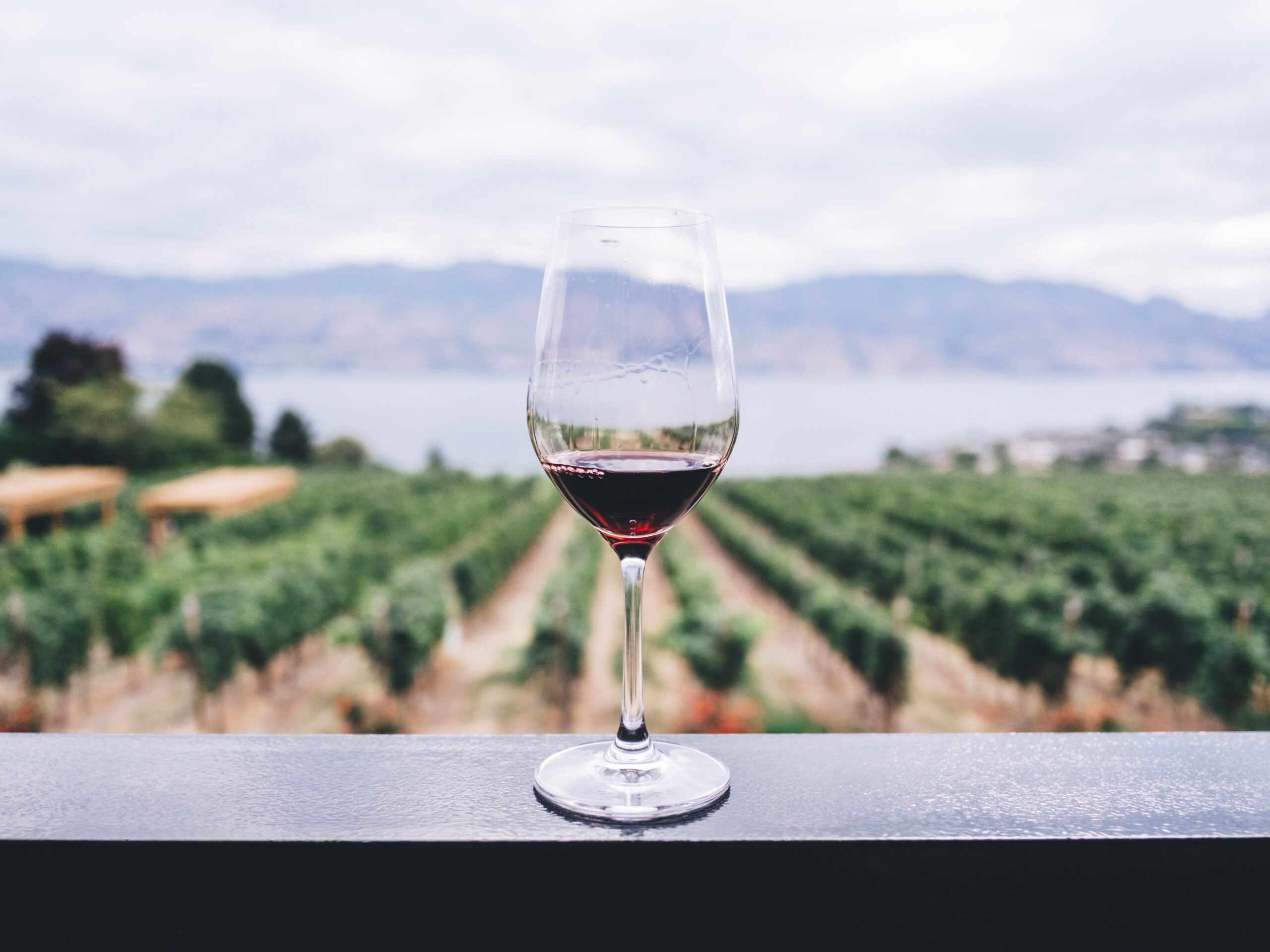
Round-Up, Fish bladders, Mega Purple, oh my! It’s hard to believe these products may be floating around in your glass of wine. With numerous chemicals being given the green light, you will be shocked to learn what’s allowed to be lurking in your delicious bottle of wine. Keep reading to learn what else may be in there, and where to buy cleaner wine that keeps it out.
What’s Really in Your Wine
1. Fish bladders
Yes, you read that correctly. Fish bladders! While most would assume wine does not contain any animal products, unfortunately, that is often not the case. Additionally, a number of animal products, including the popular fish bladder, can be used in the “fining process.” This process is used in winemaking to remove unwanted material such as protein, yeast, cloudiness, colorings, undesirable flavors, and other organic particles from the wine.
2. A chemical storm
The U.S. government allows over 72 chemical additives to go into wine. And sadly, due to the limited wine labeling laws (only brand name, wine type, alcohol content, bottle volume, sulfite content, and the producer’s name and address are required), companies do not have to disclose what’s actually in the wine. Some common offenders found in wine are RoundUp (glyphosate), ammonium sulfate, and dimethyl dicarbonate. I don’t know about you, but I like my wine without the full-bodied cancer-causing agents.
3. Added sugars and dyes
A good wine will not contain added sugars, food coloring, or any substance to alter the flavor profile or coloring. Unfortunately, not all wine is good wine as we’ve been learning.
There are two reasons winegrowers may add sugars to wine:
1. For the obvious reason of sweetening the wine, especially if the grapes are not fully ripe.
2. To increase the alcohol content. This is done through a process called chaptalization, where sugar is added before or during the fermentation process. Chaptalization is not legal in California, but producers can add sugar-rich grape concentrate to achieve the same results.
In addition to added sugars, some winemakers use something called Mega Purple to enhance the red hue of the wine. It is derived from the Rubired grape and made into a concentrated grape juice syrup. While it is not necessarily harmful, it does add extra sugar which we could all do without. This is more commonly found in cheaper wines (sorry boxed wine and Trader Joe’s $2 buck chuck), but it can also be used in higher-end wines.
As if the above wasn’t enough, your vino may also contain sawdust, mycotoxins, commercial yeast, and more. Despite how scary these additives may be, the intent of this article is not to cause fear, rather it is meant to inform and encourage you before making your next “Wine Down Wednesday” purchase. Where there is a problem, there is always a solution.
So fear not, wine isn’t totally off the table.

How to Look for Clean Wine Instead
Now that we’ve made a group decision to ditch the conventional wine, it’s important to know what to look for instead on your next shopping trip. Thankfully, there are many growers committed to producing the purest, most sustainable, clean wines.
Organic
A great first step is to look for the USDA-certified organic seal on the bottle. This means the wine was produced with organic grapes, no synthetic pesticides or fertilizers, and no added sulfites. Note: “Made with organic grapes” without the certification means the grapes used were organic, but there could still be additives in this wine.
Biodynamic
Biodynamic wine takes the organic requirements and goes above and beyond. This method of farming is inspiring and places importance on the health of people, the planet, and animals. Biodynamic farming practices focus on cultivating biodiversity, enhancing soil and plant health, honoring and respecting animals, working in rhythm with the Earth, and so much more. That being said, the wine will be free of any harmful chemicals and synthetic additives, and also contribute to enhancing the health of the soil and the entire ecosystem. Demeter is the certifying body and requires strict standards in order for farms and vineyards to receive their seal of approval.
P.s. check out this guide to find vineyards to visit that are Demeter certified!
I visited Annalemma Winery in Oregon a few months ago and had the most amazing experience and delicious clean wine.
Natural Wine
Natural wines are on the rise and for good reason. As the name suggests, they are natural. Basically, this means they are grown and bottled with nothing added or subtracted. A true natural wine is unadulterated and in its purest form.

Where to Buy The CLEANEST Wine
Luckily for us, there is a one-stop shop that carries the highest quality wines from all over the globe and does all the research and purity testing for us. Dry Farm Wines is my FAVORITE source for any and all wine needs. While I don’t drink often, when I do choose to have a glass, I can do so worry-free. This is because ALL Dry Farm Wines are:
- Sugar-Free
- Lower in Alcohol
- Lower in Sulfites
- Organically Farmed
- Contain No Industrial Additives
- Vegan, Keto, and Paleo Friendly
They offer one-time purchases, custom-curated boxes, and discounted membership boxes. With their selection of whites, reds, roses, and sparkling wines, they offer something for everybody! Shop worry-free today with their happiness guarantee. 🙂
Outside of shopping online, many mainstream stores now carry organic and biodynamic wines at great prices. This is a great opportunity to support sustainable farmers, vote with your dollar, and make a choice that is better for your health and the planet. I’d love to hear about your experience if you give these new wines a try. Cheers!
Until next time…
Make healthy wine a habit, honey 🍷
Be the first to comment